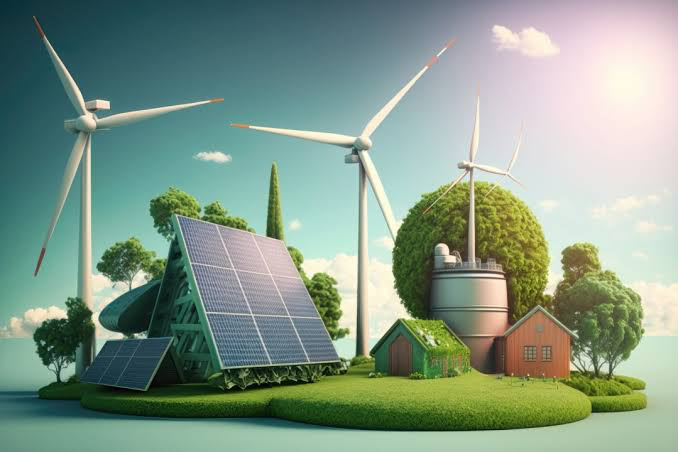Eskom, South Africa’s state-owned electricity provider, is setting ambitious goals for transitioning from coal to cleaner energy sources. At a recent conference on coal and energy transition, Dan Mashigo, Eskom’s General Manager for Primary Energy, revealed the company’s plan to develop over 20 gigawatts (GW) of new clean energy capacity.
Mashigo spoke on behalf of Eskom’s CEO, Dan Marokane, and detailed the company’s proposed projects. These initiatives include a diverse mix of renewable energy sources. Eskom plans to add 6 GW of solar photovoltaic (PV) power, 4 GW from hybrid wind-PV-battery projects, 4 GW of gas-to-power facilities, 3 GW from nuclear energy, and 3.5 GW from hydro, wind, and battery storage.
The announcement aligns with South Africa’s energy policies and its Just Energy Transition framework. However, Mashigo did not provide specifics on how these projects would be financed or their alignment with the Integrated Resource Plan (IRP), which is currently under revision. Despite this, Mashigo emphasized that the development of these projects would follow the allocations specified in the updated IRP.
Eskom intends to use its existing advantages to support this transition. These include access to land, necessary licenses, skilled personnel, and decommissioned coal sites. The company aims to leverage these assets to facilitate the rollout of its new clean energy capacity.
According to Mashigo, coal’s share of total capacity will decrease significantly. In 2025, coal will account for 83% of the 48 GW installed capacity. By 2035, this figure is expected to drop to 48% of the projected 54 GW capacity. Despite the ongoing demand for coal, which will remain significant for some time, its consumption is forecast to decline steadily. In 2025, coal demand is anticipated to exceed 100 million tons annually but is expected to fall to about 40 million tons by 2050. At that point, only a few coal-fired power stations, including Majuba, Medupi, and Kusile, will remain operational.
The reduction in coal capacity has been somewhat eased by a recent government decision. This decision allows Eskom to continue operating several coal power stations—Hendrina, Grootvlei, Arnot, Camden, and Kriel—until March 31, 2030. These plants were initially scheduled for phased decommissioning before that date. This extension comes under existing emission standards, which are less stringent than those adopted worldwide.
In addition to renewable energy projects, Eskom has expressed interest in developing small modular nuclear reactors. Mashigo suggested that these reactors could potentially be installed at existing decommissioned coal sites. This move aligns with Eskom’s broader strategy to integrate various clean energy technologies into its portfolio.



